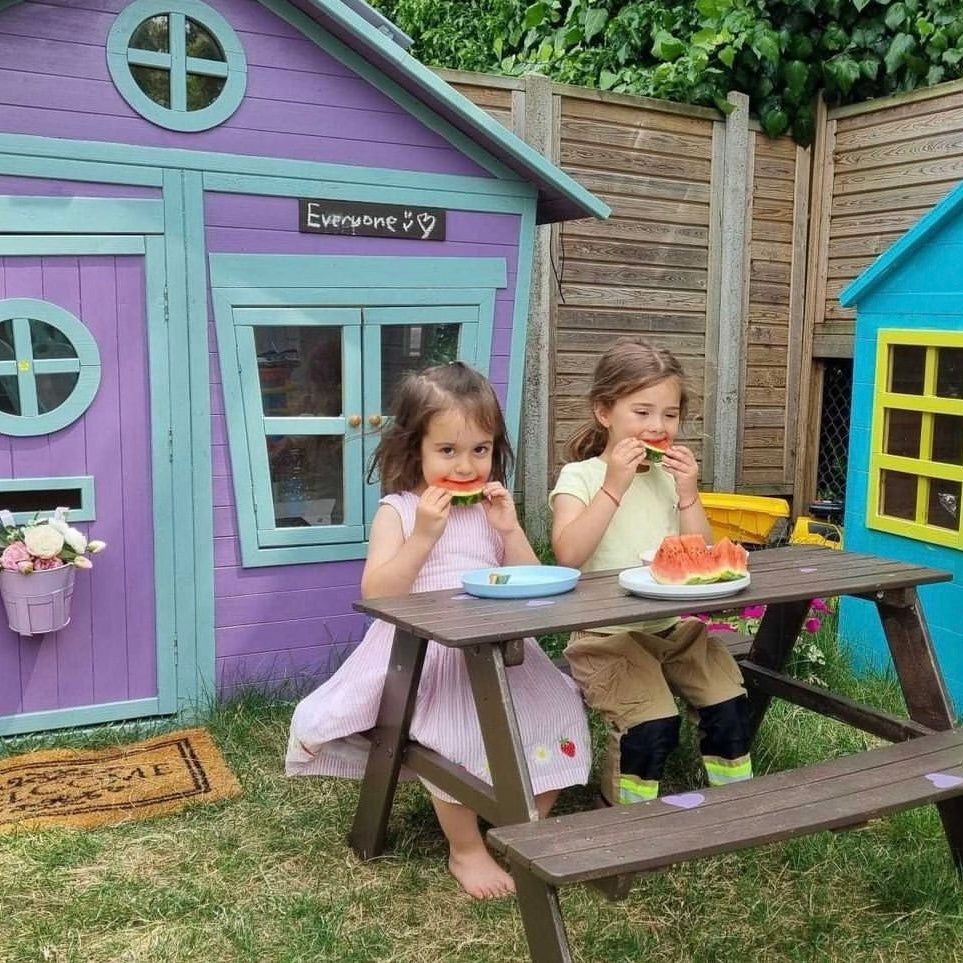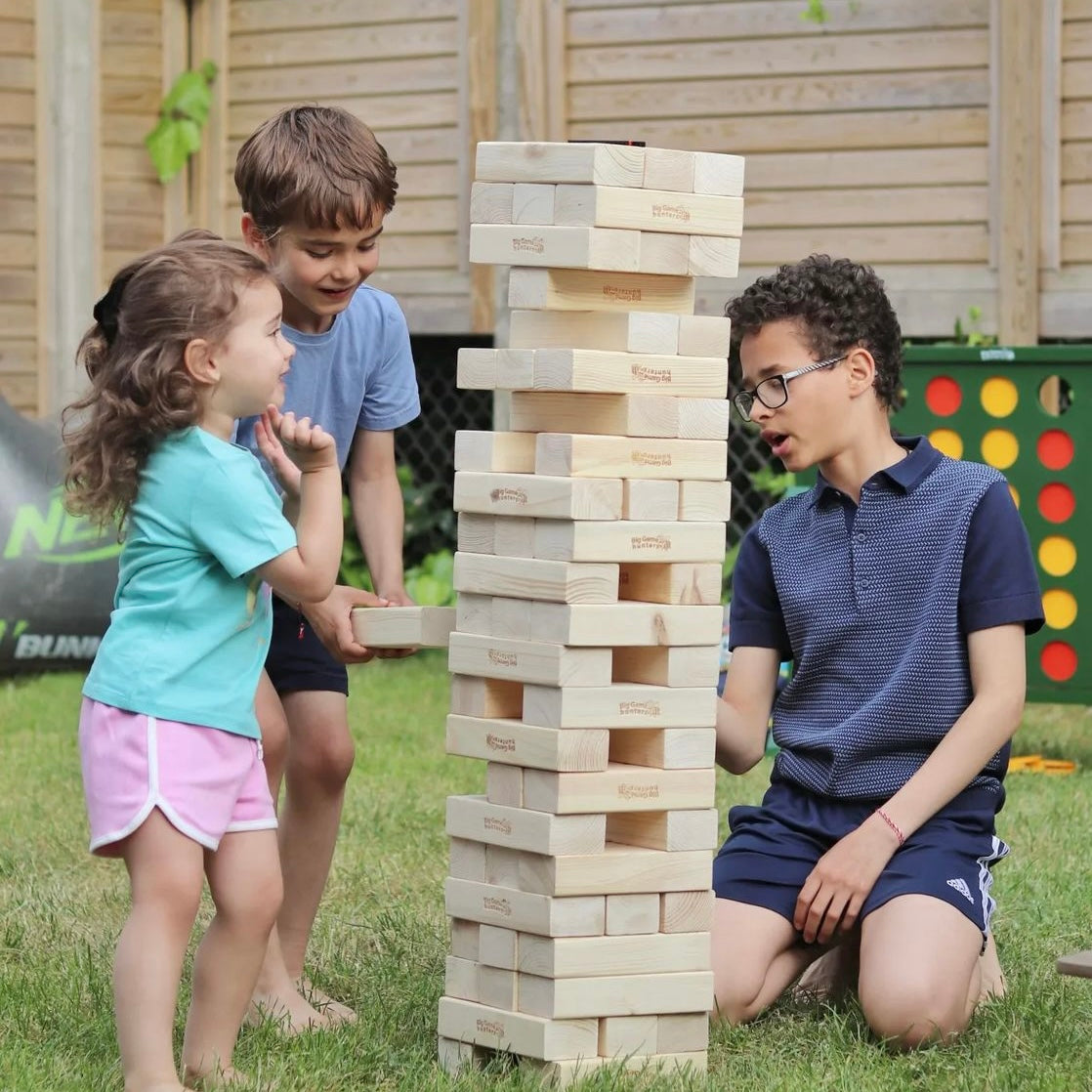Article: Child-Centered Early Childhood Education: The Human Edge in the AI Age

Child-Centered Early Childhood Education: The Human Edge in the AI Age
Several studies have compared the impact of a child-centered education approach to the modern commercial approach on skill development in young children resulting in the following scores:
+30% on problem solving as encouraged to discover by themselves vs being spoon-fed. As the child-centered approach focuses on strategic thinking and trial and error built, the modern commercial approach promotes on highly prescriptive constructions.

+15% in perseverance due to intrinsic motivation of self-directed exploration. As the child-centered approach encourages infinite building possibilities, the modern commercial approach promotes pre-built and pre-defined dollhouses.

+20% in executive function e.g. decision making & planning as taught to be independent early on. As the child-centered approach includes play kitchens with a working sink, the modern commercial approach promotes play kitchens with a non-working sink.

Up to +25% in creativity due to open ended materials & spaces that spark imagination. As the child-centered approach encourages unlimited storylines through open ended materials such as minimalistic playhouses, the modern commercial approach promotes video games and mobile apps with pre-defined storylines.

Why do these skills matter?
Studies like the Stanford marshmallow test* and the Dunedin Study, an early childhood education longitudinal study, show a strong correlation between early childhood skills and future success. As AI progresses, human skills that machines find challenging will become much more valuable, with child-centered early childhood education surpassing modern education in precisely those areas.

Irrelevant AI Self-Control and Perseverance versus Invaluable Human Self-Control and Perseverance
*The Stanford marshmallow test is a test examining children's ability to delay gratification by choosing between immediate small rewards (marshmallow) or larger rewards (marshmallows) later.







